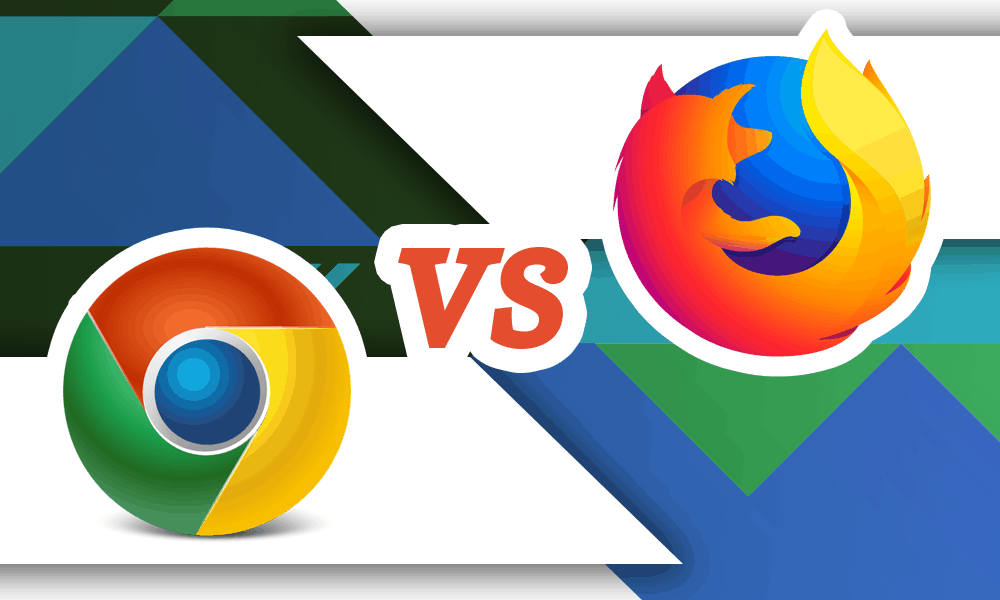
I've been posting comments about this on G + for a long time, and precisely * IS * the opposite (and forgive me for being so blunt, but you have managed to outrage me a bit).

The only thing you need Firefox is something that equals or exceeds V8When they have that I am sure they will regain the ground they have lost to Chrome. I really want to try the new version of Opera en GNU / Linux and in the end, as we already know, it is nothing more than Chromium with another name and some additions.Įven some developers that I respect very much, such as y they use Chrome and speak highly of this browser.īut I keep putting my faith in Mozilla, and this time my own test has shown me that I am not entirely wrong. I sincerely hope that Chromium keep improving. Yes, in these times, with current hardware this may not be seen, but come on, some of us do care about these things. The conclusion is only one: Chromium consumes more memory than Firefox when we are actually using them. If anyone has a method to get more reliable results, please show me how. I returned to the load but this time, I opened 12 tabs in each browser, with the same URLs. This was the result:Īs you can see, the consumption of Chromium became slightly lower than that of Firefox. So what I did was close all the tabs and leave only one, in the case of Firefox the about: memory, and in the case of Chromium the chrome: // memory-redirect /. The numbers speak for themselves.īut he didn't want to be unfair. The first thing we see above is a summary of the consumption of browsers that according to Chromium I have active at that time. I opened Chromium and agreed to put in the address bar:Īnd that's when reality surfaced. chrome: // memory-redirect / in Chromium.As you saw in a previous post, both Firefox as Chromium they have an option to view or manage the memory they consume. The fact is that I kept trying things and that's when I got to the truth of the matter, thanks to the Chromium. They were only suspicions, because in the end, I confess that it is difficult for me to understand a little this type of tool that does not give me an exact value. If you notice, Firefox you only have one process running (to call it a certain way), while Chromium it has more than one, or at least several threads of it running. The initial result surprised me: according to KSysGuard, the System Monitor KDE y HTop, Mozilla Firefox consumes much more than Chromium.īut automatically there was something that caught my attention. I did these tests on a laptop Dell Vostro It has an Intel Core i5 Processor and 4GB of RAM.įor this, what I did was open the same number of tabs in both, with the same URLs and measure the consumption using various tools of the System. 43-1, and we all know that he's already on 28, and that even 27 has tons of performance improvements.īut hey, it is what I have now installed, and it is with what I was able to do the test that I show below.



Maybe my test is unfair, because I did it using the Aurora version of Firefox 23.0a2, against version Chromium. On the one hand it is very good, but on the other very bad. I can not deny it.īut not everything is pink. Today I can say that the fastest browser that exists is Chrome / Chromium. It cannot be denied that an excellent browser, which is not only used by users who have exited Internet Explorer, but also by users who have exited from Firefox.Īnd it cannot be denied that the pace of development of this browser is unstoppable, and that with each version it offers many improvements for the end user. The point is that the rise of Chrome is unstoppable. After writing two articles, one dedicated to Firefox and another dedicated to Chromium, I started to perform some performance tests to compare both browsers and confirm my position that Mozilla Firefox consumes less resources than Chromium.


 0 kommentar(er)
0 kommentar(er)
